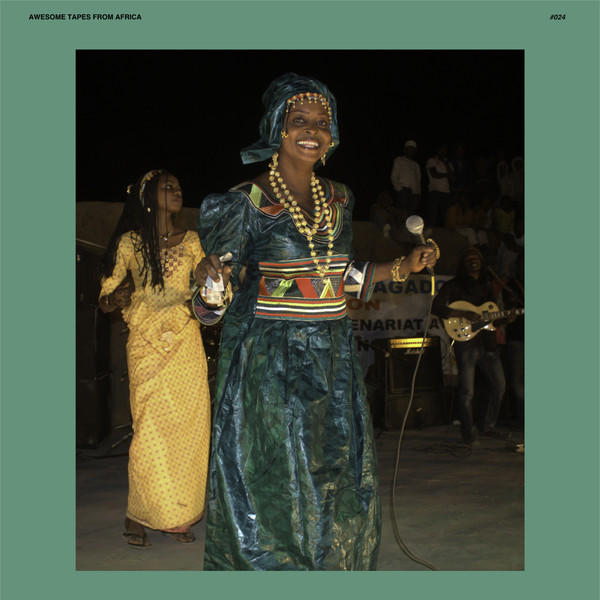Reviews January 30, 2017
Poulo Warali
After a series of locally released cassette tapes and CDs, Malian singer Awa Poulo has delivered her first internationally distributed album, Poulo Warali, via Awesome Tapes from Africa. Hailing from the Dilli commune in southwestern Mali, Poulo delivers a dynamic set of songs rooted in the folk traditions of the Peulh, a pastoral people from this remote region near the Mauritanian border. Full of catchy call-and-response melodies and rich vocal harmonies, the album displays a remarkably balanced sense of sonic structure and atmospheric instrumentation, the sum of which transports the listener to a place which is comfortable, yet completely captivating.









